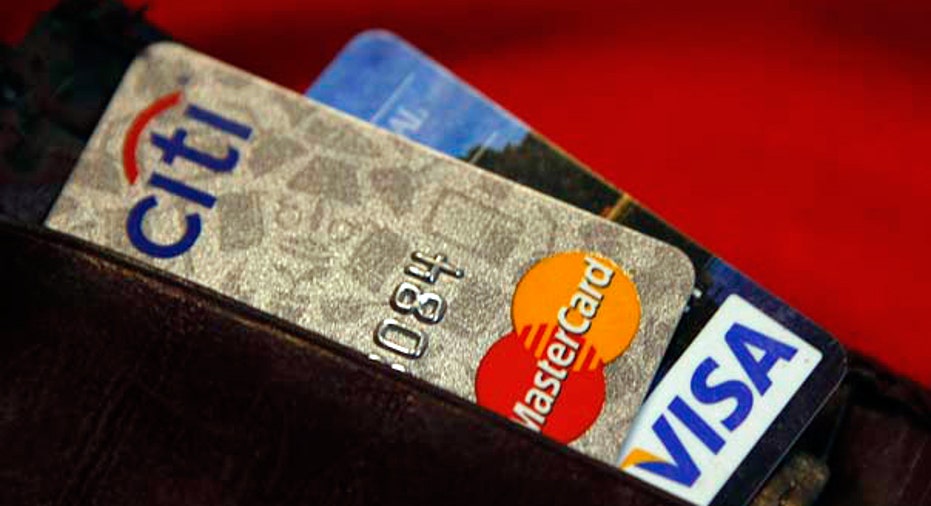Which Cards can You Churn for Multiple Rewards Bonuses?

Dear Cashing In,
I'm carrying a few rewards cards that I took on primarily for the sign-up bonuses. I was surprised how easy it was to collect so many points for free, except for keeping the cards active and hitting spending minimums for the bonus points. But that was because annual fees were waived the first year. This year, I have to decide whether to cancel and open different cards or start paying fees. The cards I use most are Sapphire Preferred Visa, Starwood AmEx and Barclays US Airways card. My question: Can I drop any of these cards and sign up for them again in order to get the sign-up bonus again and avoid paying annual fees?
- Jake
Dear Jake,
You can get away with that with some cards, but not all. It tends to come down to the issuing bank. Canceling cards and signing up for them again to maximize bonus points is a practice known as "churning." Some banks make that easier than others.
Your Chase Sapphire card -- or any Chase card in your wallet -- is pretty much churn-proof. Chase has a policy of one sign-up bonus per card per customer. Right now, your Sapphire Visa comes with a sign-up bonus of 40,000 Ultimate Rewards. You're looking at a $95 annual fee, which was waived the first year. If you value your Sapphire card, don't expect to cancel it and get a new one with another 40,000 points and waived fee.
According to frequent flier bloggers, Chase does make an exception to this rule when it discontinues a card you're carrying and reissues a new version. In that case, you can sign up for the new version and score the sign-up bonus.
With your Starwood American Express, you're facing a $65 annual fee, waived the first year. Right now, the card is offering a 25,000-point sign-up bonus. Terms and conditions for this card say that the bonus offer is not available to applicants who have had the product within the past 12 months. The Starwood card offers an incentive for sticking around and paying the annual fee: a Starwood credit for two stays and five nights toward elite status, upon opening the account and each year you keep it open. Then again, you'd get that with the new card anyway.
The more premium American Express Platinum ($450 annual fee) has stricter rules. Its terms and conditions state that the bonus offer -- 25,000 points when you spend $2,000 in your first three months -- is not available to anyone who's had the card within the past 12 months or any Green or Gold Card account within the past 90 days. The website also states that the offer is valid for first-time platinum card members only.
Your US Airways card may be the easiest to churn, but you won't avoid the annual fee because it wasn't waived the first year. You will have paid your first year's fee in order to receive your sign-up bonus -- an $89 annual fee for the Premier World Mastercard's 30,000-mile sign-up bonus or a $49 annual fee for the World Mastercard's 15,000 miles, both awarded on first use. Barclay generally lets cardholders sign up repeatedly, although the rule of thumb is to wait 90 days. Some miles collectors find those bonus miles worth the fees. In particular, $89 for 30,000 miles -- which more than covers a first-tier domestic round-trip -- seems like a bargain.
A couple words of caution: Leave your oldest card(s) alone to maintain credit history and don't open and close multiple accounts if you have a loan in the offing, lest you ding your credit. If you do cancel a card, make sure you've either used or protected your points first. With Chase, you can transfer Ultimate Rewards points to another account that uses them. With US Airways, any miles earned in the current billing period will vanish if you cancel, so pay up for that month before you close the account.
See related: Credit card bonuses playing hard to get, 3 trends shaping today's rewards credit cards, Consider your credit when pursuing card sign-up bonuses



















